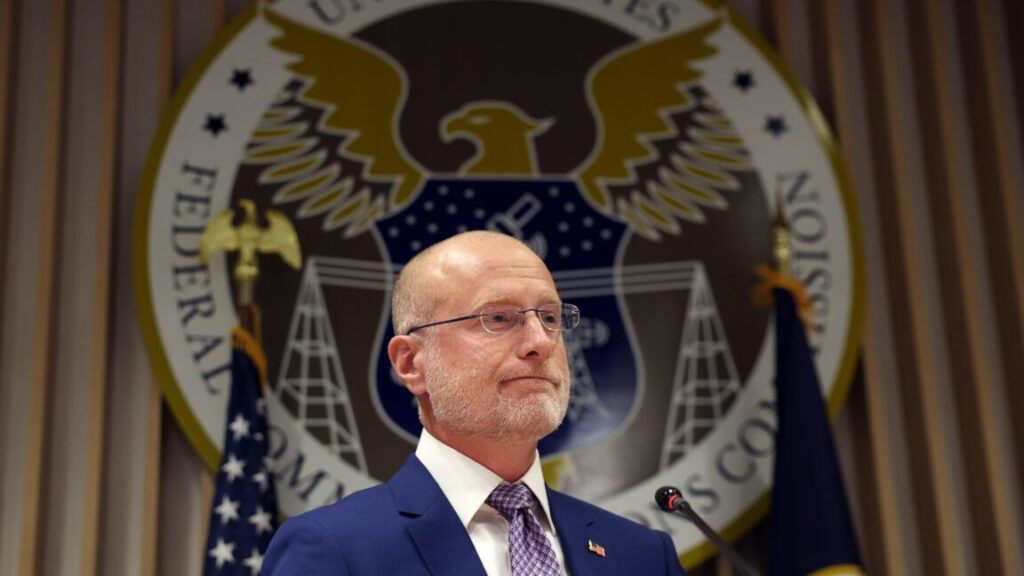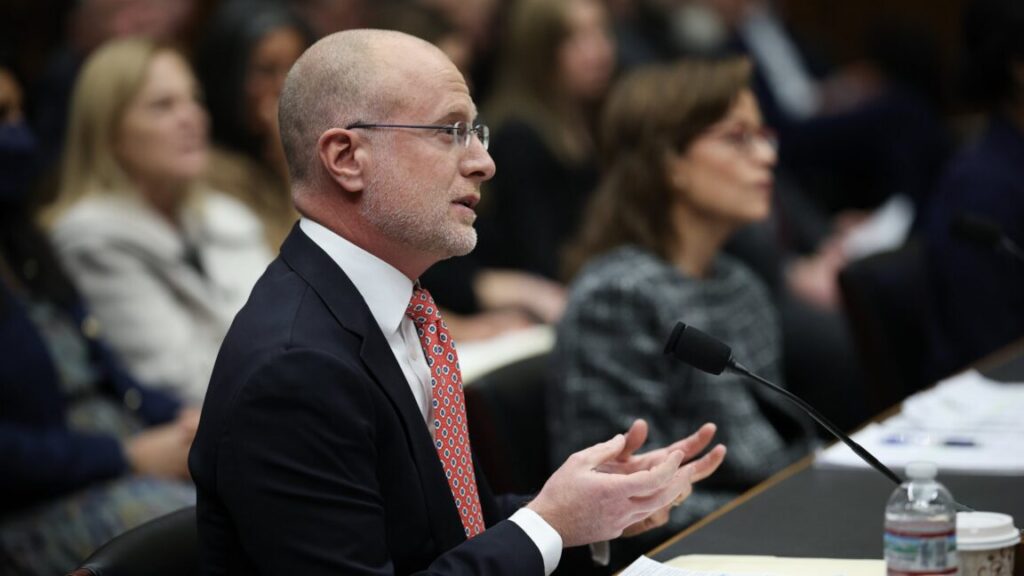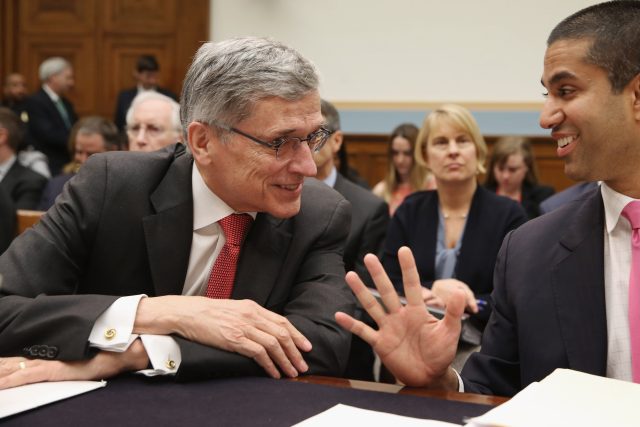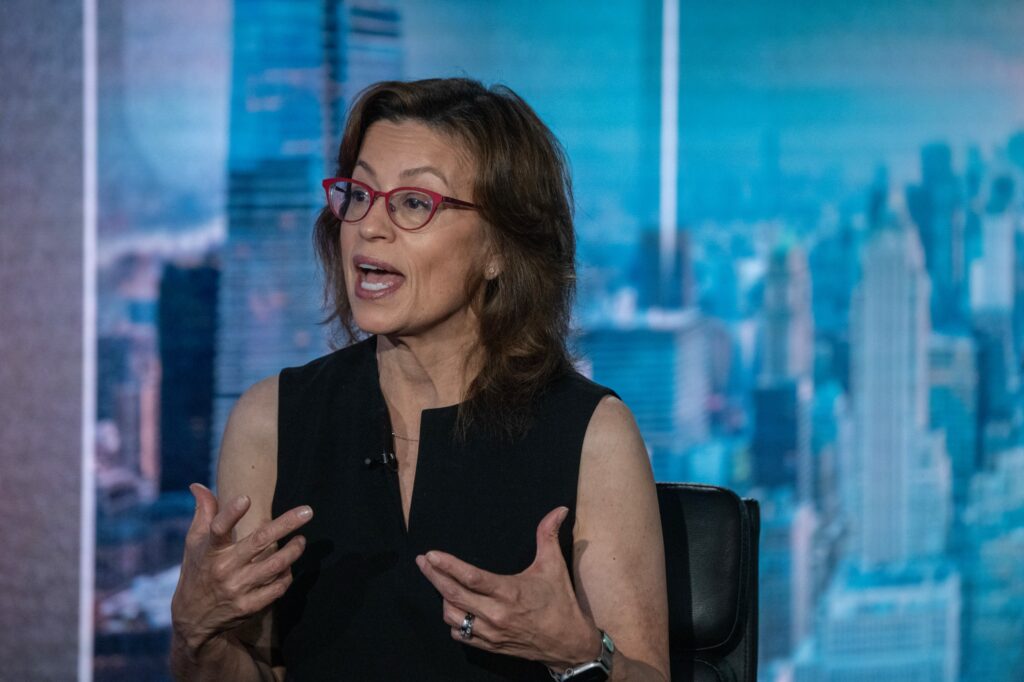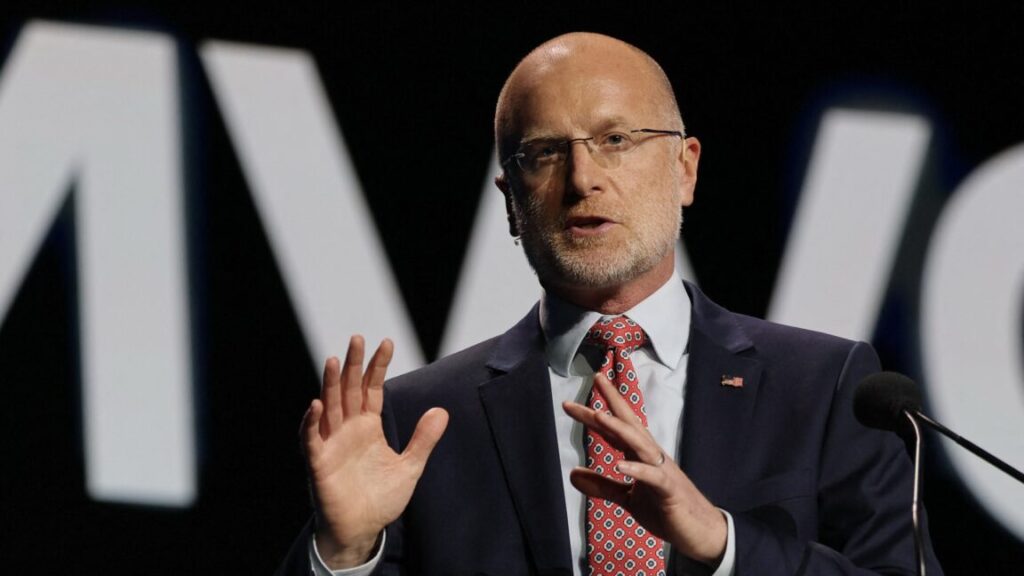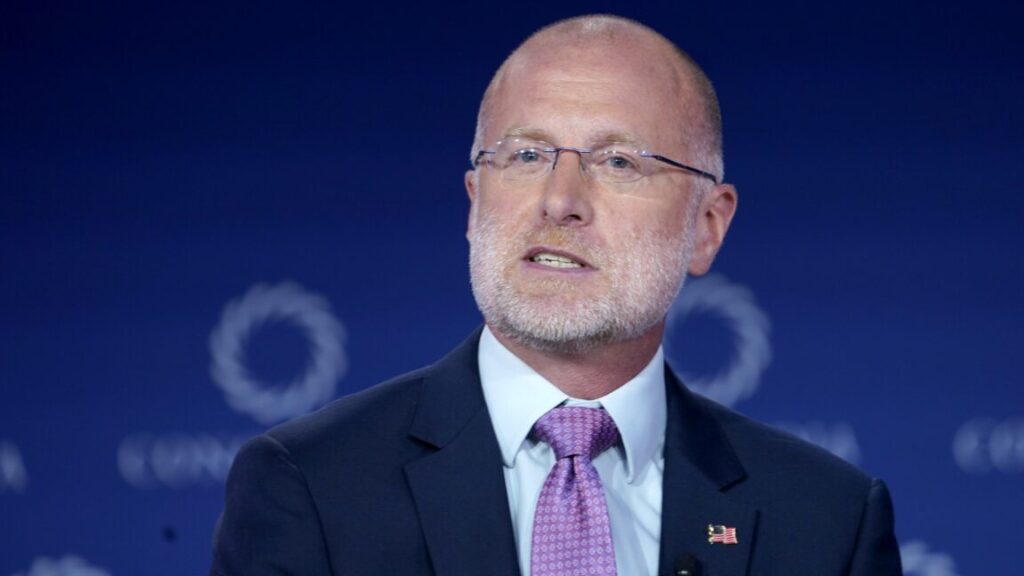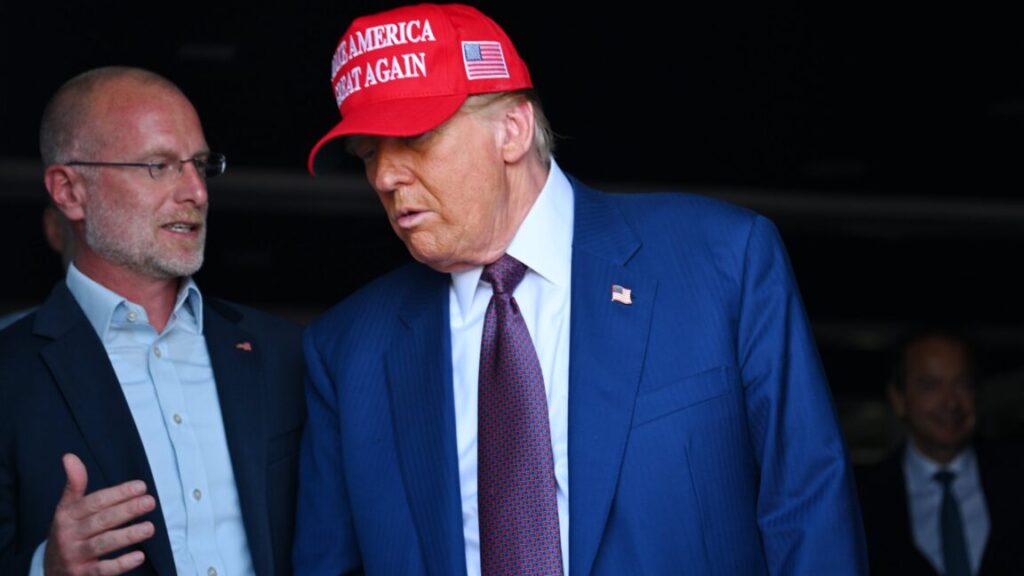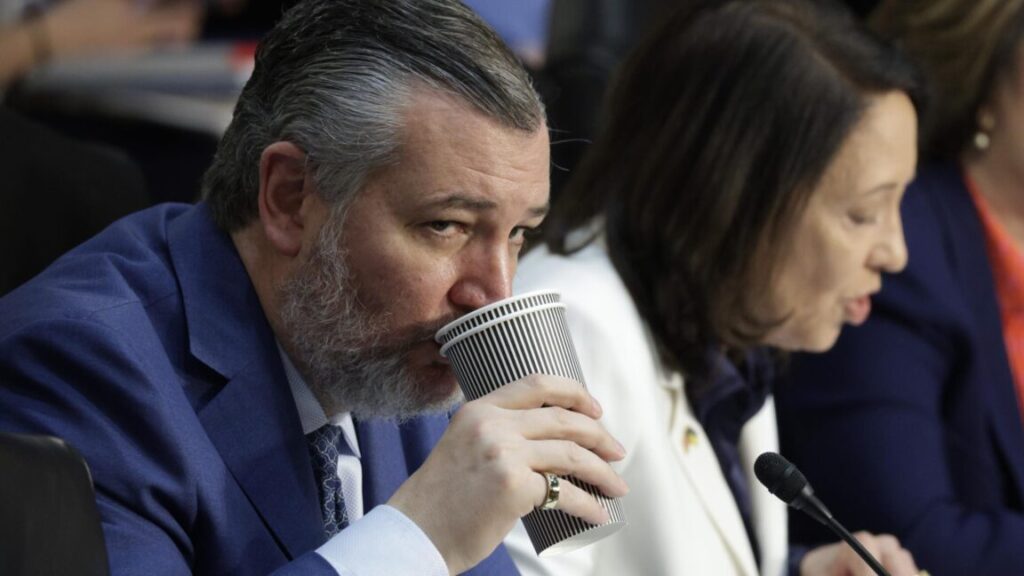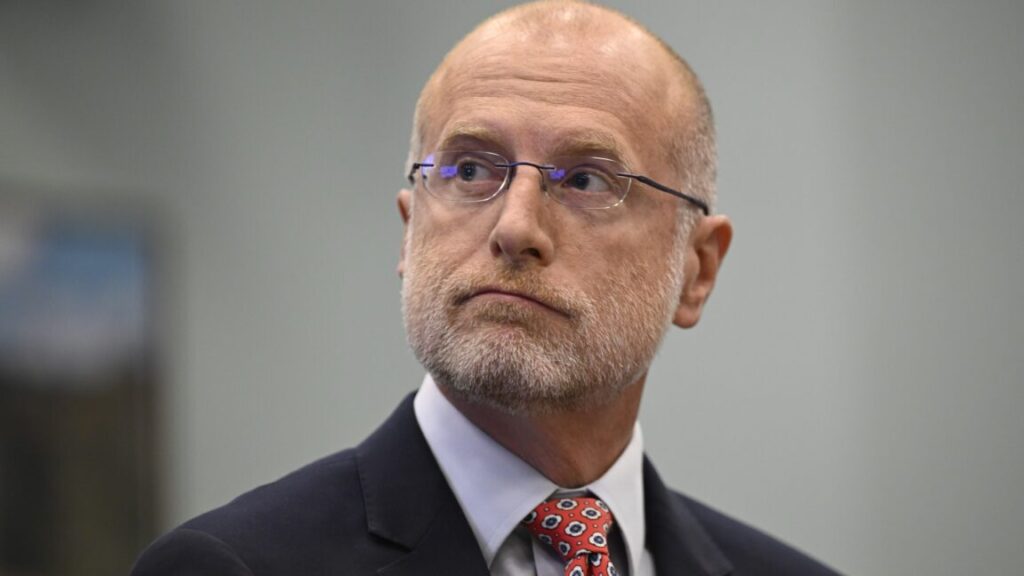FCC asks stations for “pro-America” programming, like daily Pledge of Allegiance
Federal Communications Commission Chairman Brendan Carr today urged broadcasters to join a “Pledge America Campaign” that Carr established to support President Trump’s “Salute to America 250” project.
Carr said in a press release that “I am inviting broadcasters to pledge to air programming in their local markets in support of this historic national, non-partisan celebration.” The press release said Carr is asking broadcasters to “air patriotic, pro-America programming in support of America’s 250th birthday.”
Carr gave what he called examples of content that broadcasters can run if they take the pledge. His examples include “starting each broadcast day with the ‘Star Spangled Banner’ or Pledge of Allegiance”; airing “PSAs, short segments, or full specials specifically promoting civic education, inspiring local stories, and American history”; running “segments during regular news programming that highlight local sites that are significant to American and regional history, such as National Park Service sites”; airing “music by America’s greatest composers, such as John Philip Sousa, Aaron Copland, Duke Ellington, and George Gershwin”; and providing daily “Today in American History” announcements highlighting significant events from US history.
Carr apparently wants this to start now and last until at least July 4. Carr’s press release starts by touting Trump’s Salute to America 250 project and quotes a White House statement that said, “Under the President’s leadership, Task Force 250 has commenced the planning of a full year of festivities to officially launch on Memorial Day, 2025 and continue through July 4, 2026.”
That White House quote cited by the FCC today is nearly a year old, as you might have guessed by the reference to Memorial Day in 2025. More recently, Trump has said he wants the celebration to last throughout 2026. A Trump proclamation last month declared a “yearlong commemoration” of American independence that began on January 1, 2026.
“Voluntary” pledge
Today’s FCC press release said, “Broadcasters can voluntarily choose to indicate their commitment to the Pledge America Campaign and highlight their ongoing and relevant programming to their viewing and listening audiences.” Although it’s described as voluntary, Carr said broadcasters can meet their public interest obligations by taking the pledge. This is notable because Carr has repeatedly threatened to punish broadcast stations for violating the public interest standard.
FCC asks stations for “pro-America” programming, like daily Pledge of Allegiance Read More »
